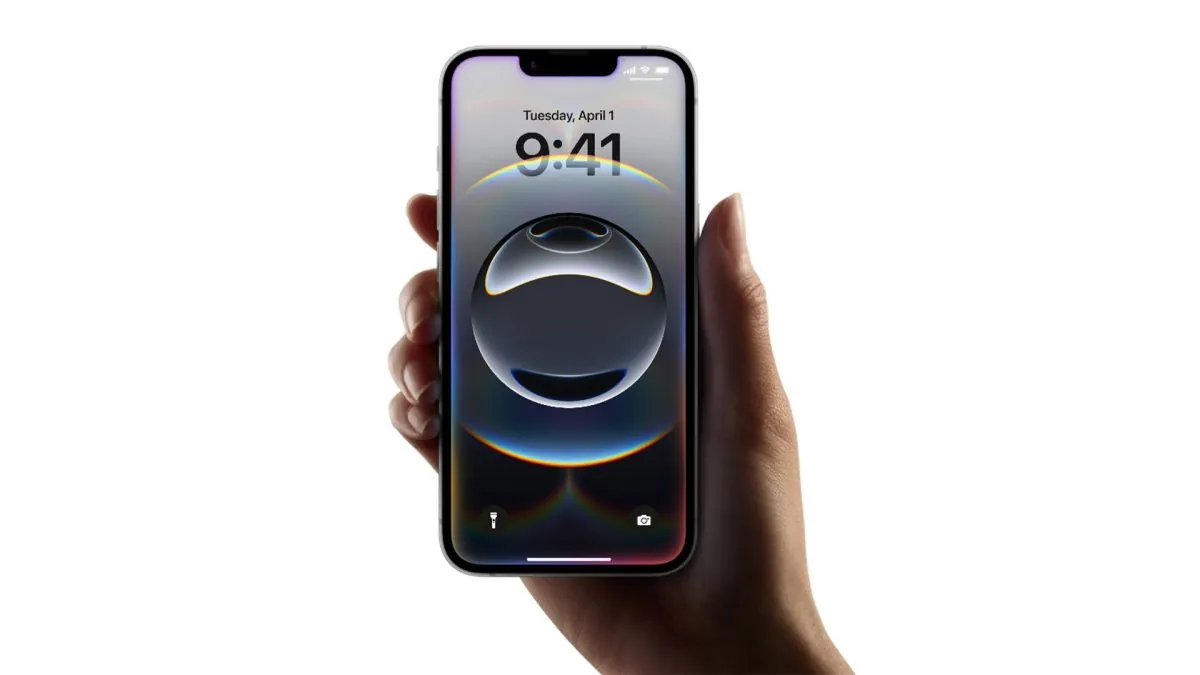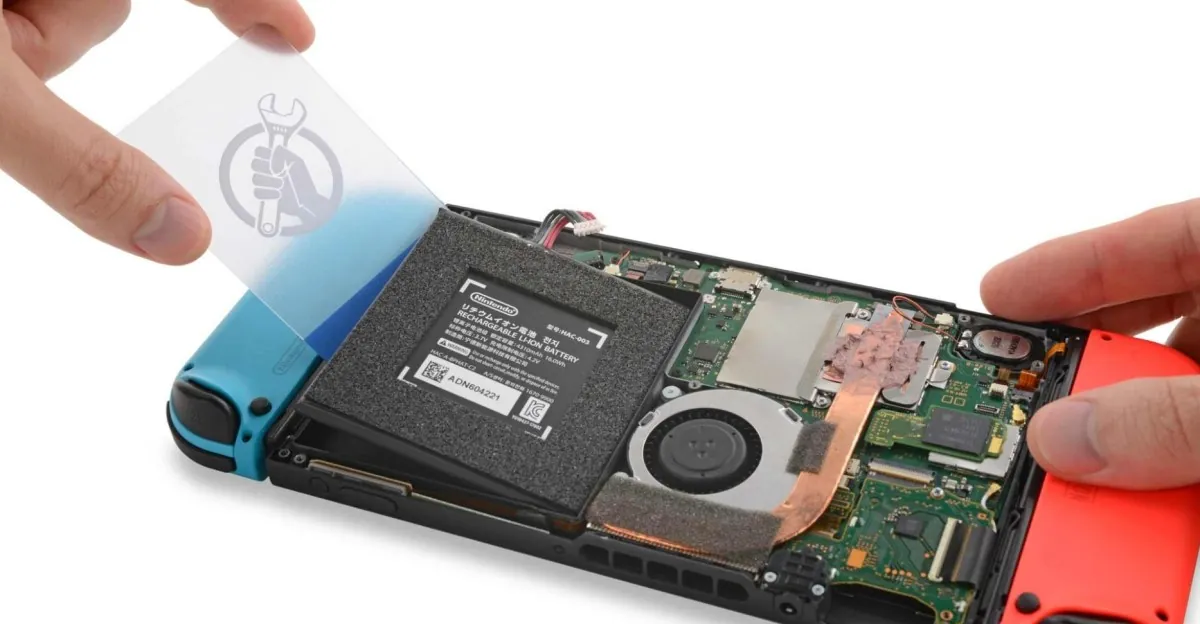Apple launched its budget phone, the iPhone 16e, earlier this year, and while users were anticipating the model for the premium features coming at an affordable price, this was not the most selling point of the device.
It was the first device to come with Apple’s first in-house C1 cellular model instead of Qualcomm, which has been used for the previous models.
While this step was huge and offered better energy efficiency, a study suggests Qualcomm’s modems still outperformed Apple’s in many key areas.
The results came out as a surprise as the Android phones outperformed the iPhone 16e in the test performance.
If we see the test outcome, Qualcomm’s flagship modems significantly outperformed Apple’s first in-house chip.
Although customers were expecting the iPhone 16e to have high-end features at a low cost when Apple released its low-cost phone earlier this year, this was not the device’s best selling point. It was the first device to use Apple’s first proprietary C1 cellular model rather than Qualcomm, which was used in earlier models. The goal of this change was to reduce reliance on outside parties and give the tech giant more control over its hardware integration. Even though this was a significant step and provided greater energy efficiency, a study indicates that Qualcomm’s modems continued to perform better than Apple’s in numerous important areas.
Qualcomm modems perform better than Apple’s C1 modem in key areas like speed and connectivity, according to a study.
Not only does the iPhone 16e have the A18 chip, which offers more sophisticated AI features and improved performance, but it was also the first model to use Apple’s C1 cellular modem, its first in-house chip, which replaced Qualcomm in earlier models.
In terms of Apple’s decision to rely more on internal production and prioritize power efficiency, it is a significant step. According to a report commissioned by Qualcomm, Apple continues to lag behind Qualcomm in terms of connectivity and speed, despite the fact that this is significant and that performance has improved in terms of battery life and energy efficiency (Cellular Insights).
The study was conducted using T-Mobile’s sub-GHz 5G network and was dispersed throughout New York City. It compared the performance of two Android phones with Qualcomm flagship modems and Apple’s C1 modem in the iPhone 16e. To improve accuracy, the modem’s performance was examined under three distinct real-world scenarios. The modems in the two phones were the Snapdragon X80 and the Snapdragon X75, respectively.
The Android phones outperformed the iPhone 16e in the test, which surprised the results. According to reports, Android phones outperformed the iPhone 16e in terms of upload and download speeds, with the former being up to 81% to 91% faster. The test results show that Qualcomm’s flagship modems performed noticeably better than Apple’s first proprietary chip.
Although the study was commissioned by Qualcomm, and the findings should be interpreted with caution, they do appear credible considering that Apple has been the market leader for cellular modems for years and this is the company’s first in-house modem.







